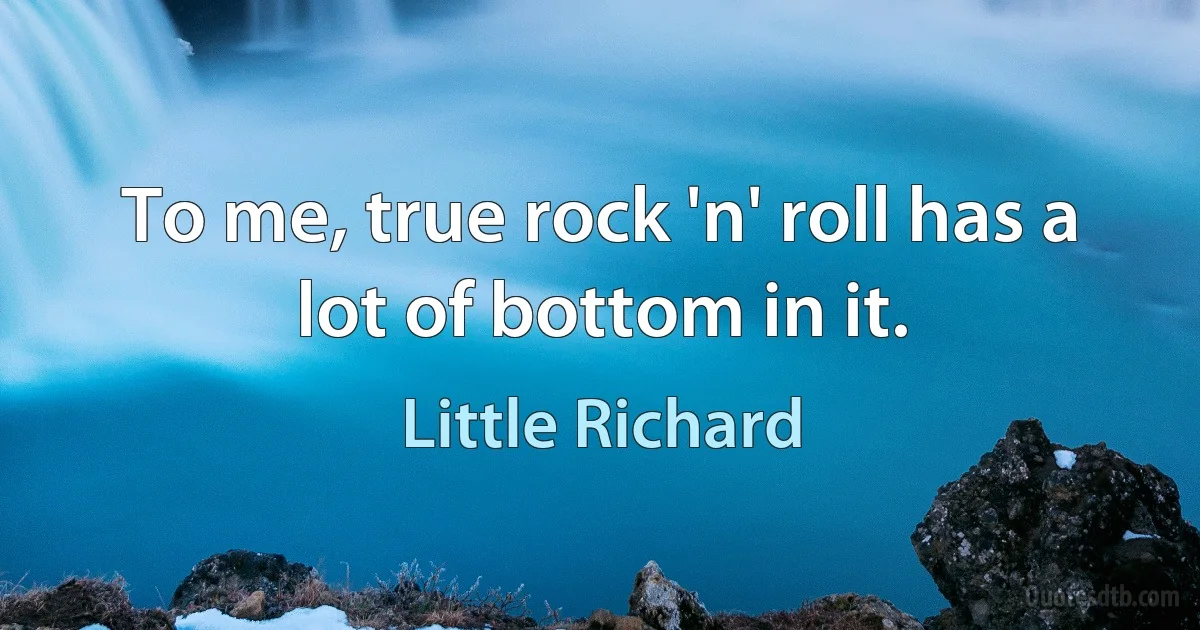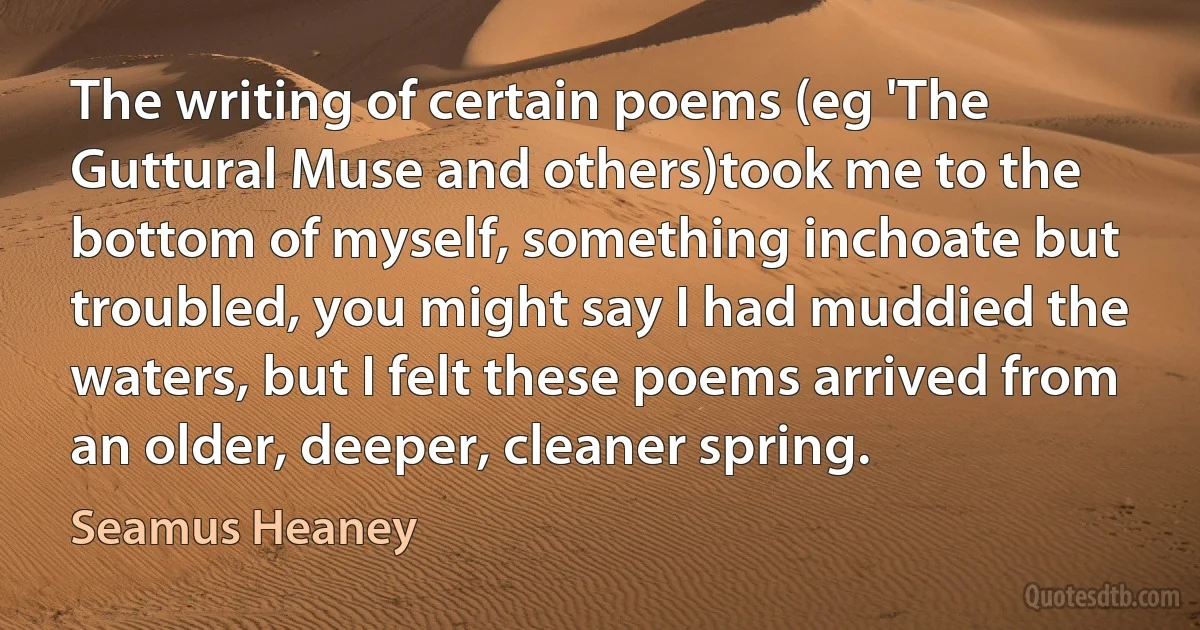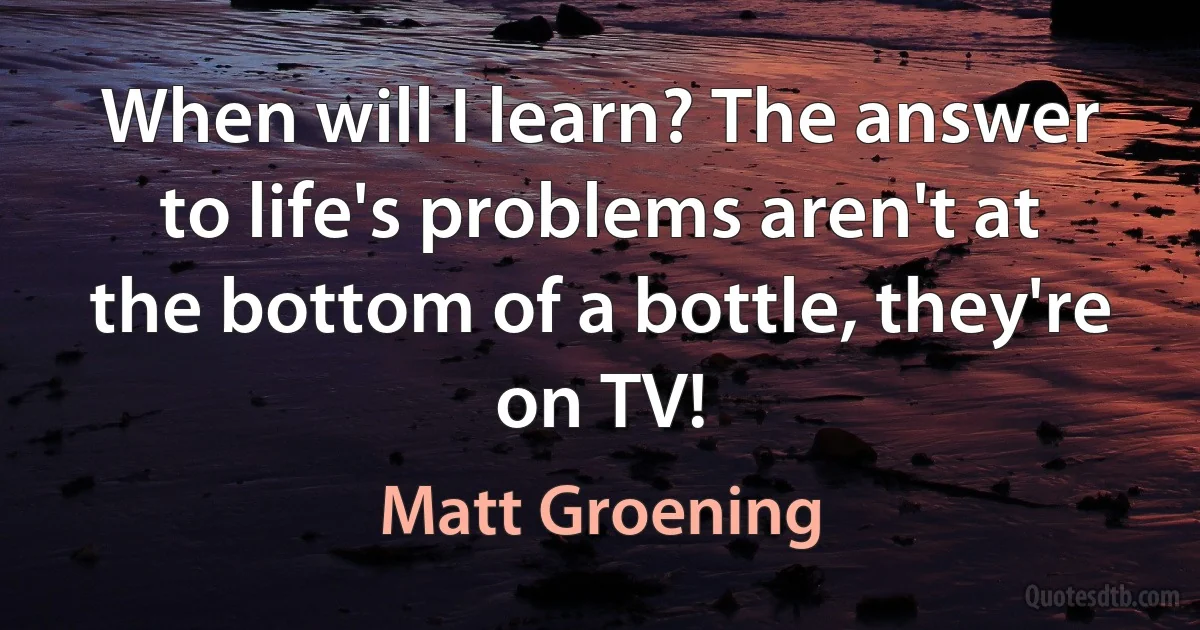Bottom Quotes - page 24
How much my life has changed, and yet how unchanged it has remained at bottom! When I think back and recall the time when I was still a member of the canine community, sharing in all its preoccupations, a dog among dogs, I find on closer examination that from the very beginning I sensed some discrepancy, some little maladjustment, causing a slight feeling of discomfort which not even the most decorous public functions could eliminate; more, that sometimes, no, not sometimes, but very often, the mere look of some fellow dog of my own circle that I was fond of, the mere look of him, as if I had just caught it for the first time, would fill me with helpless embarrassment and fear, even with despair.

Franz Kafka
Slavery is wrong in its effect upon white people and free labor; it is the only thing that threatens the Union. It makes what Senator Seward has been much abused for calling an 'irrepressible conflict'. When they get ready to settle it, we hope they will let us know. Public opinion settles every question here, any policy to be permanent must have public opinion at the bottom, something in accordance with the philosophy of the human mind as it is. The property basis will have its weight. The love of property and a consciousness of right or wrong have conflicting places in our organization, which often make a man's course seem crooks, his conduct a riddle.

Abraham Lincoln
Correct me if I'm wrong here, but truth is something that arises out of the relationship between language and the world. If I look at a picture alone, it tells me nothing. In the previous incarnation of this lecture, I was going to put a picture of the Titanic and the Lusitania up on the screen. They look very, very similar - four smokestacks. They look almost identical. You look at either picture, true or false? Neither. Put a caption at the bottom of one of them, that changes everything. If you put in the caption, "This is the Lusitania," and the picture is a picture of the Lusitania, then the caption is true. However, the picture itself is neither true nor false. It's just a picture.

Errol Morris
The general character and disposition of the Rationalist are, I think, not difficult to identify. At bottom he stands (he always stands) for independence of mind on all occasions, for thought free from obligation to any authority save the authority of 'reason'. His circumstances in the modern world have made him contentious: he is the enemy of authority, of prejudice, of the merely traditional, customary or habitual. His mental attitude is at once sceptical and optimistic: sceptical, because there is no opinion, no habit, no belief, nothing so firmly rooted or so widely held that he hesitates to question it and to judge it by what he calls his 'reason'; optimistic, because the Rationalist never doubts the power of his 'reason' (when properly applied) to determine the worth of a thing, the truth of an opinion or the propriety of an action.

Michael Oakeshott
The bottom line for most people who are normal is their need for other people. Even the greedy ones have this need - as long as they're not sociopathic. They may be very misguided and unhappy and do bad things and so forth, but in general if you look down deep, you find that these people are mainly concerned with other people and what other people think of them.

Martha Stout



